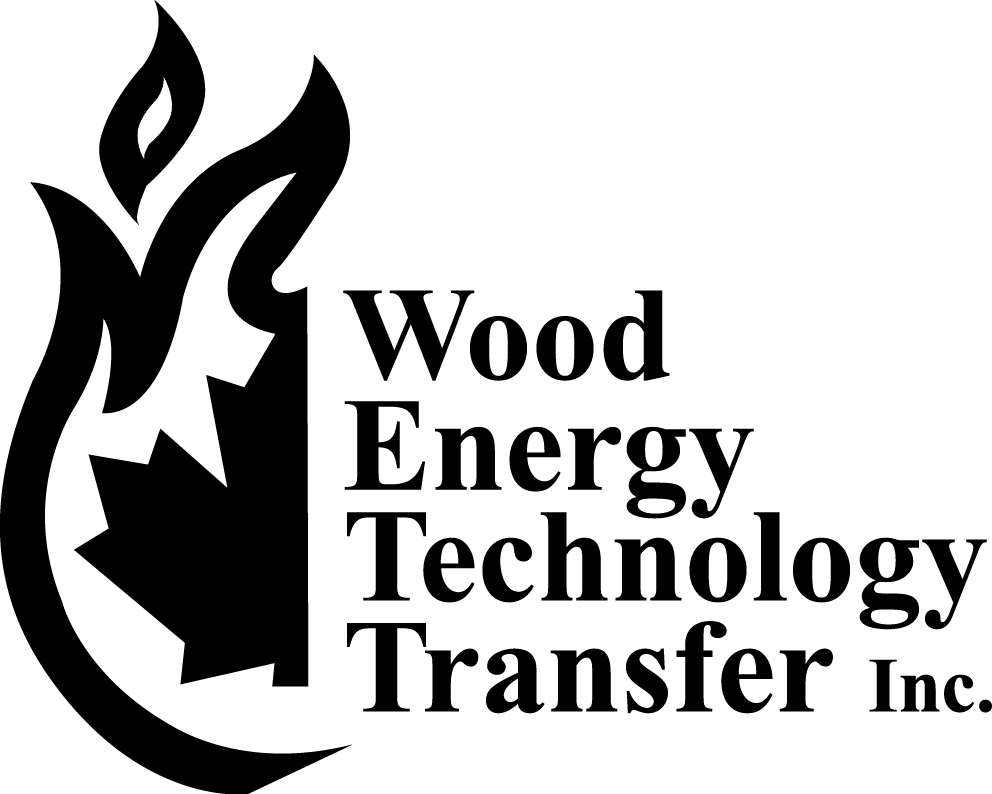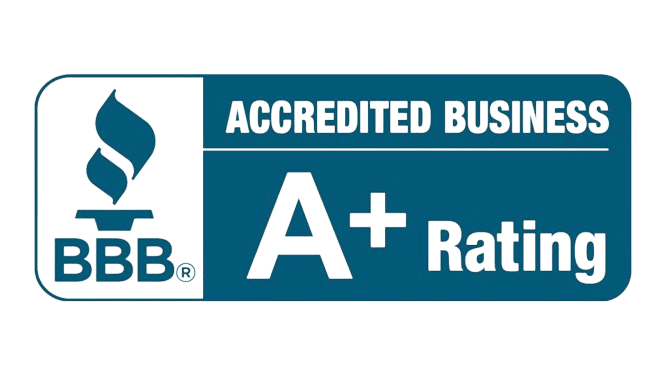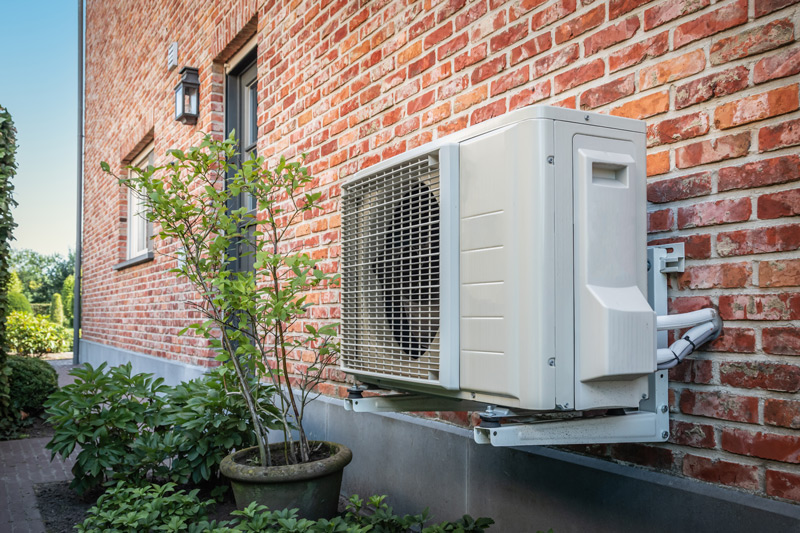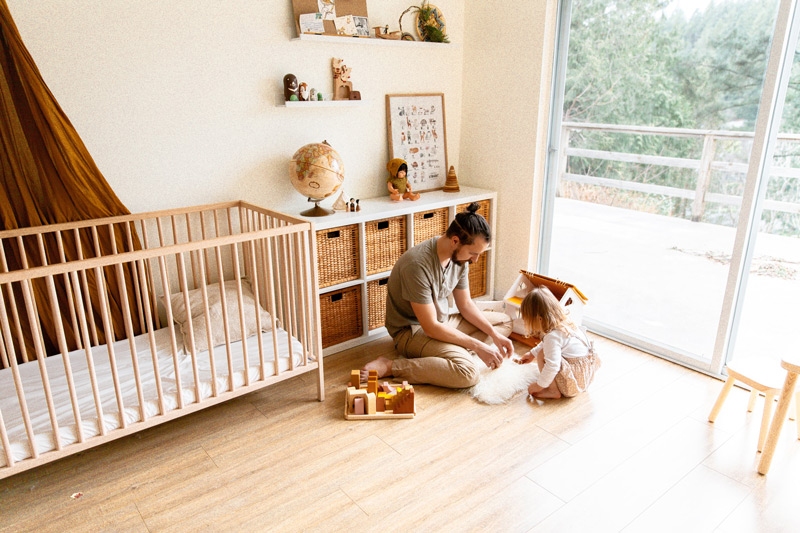It’s hard to believe that fall is just around the corner. After all, Sudbury experienced a crazy heat wave just a few days ago! Heat warnings …
If you haven’t already cranked the heat up, you will soon! Ontario’s winter forecast is in, and it’s going to be a doozy! With low temperatures …
And so the cold weather begins! We’ve already experienced our first snow here in Sudbury, Ontario. Just this week, we received a weather advisory to keep …
As Sudbury’s winter gently gives way to the promise of spring, our attention turns to maintaining cozy, inviting homes amidst the shifting temperatures. While choosing the …
There’s something beautiful about the warm crackling of wood burning, and the flickering flames give a calming glow across the room. In our fast-paced, modern lives, …
As Sudbury’s winter gently gives way to the promise of spring, our attention turns to maintaining cozy, inviting homes amidst the shifting temperatures. While choosing the …
At Campeau Heating, we take pride in being your trusted Sudbury heating company. We understand the importance of having a reliable and efficient heating system to …
As the warm summer months approach, many of us are getting ready to open the windows and let in some fresh air. But have you examined …
Imagine yourself in the warm glow of a burning fire on a cool evening as the sun sets in a blaze of colours. This lovely scenario …
Our Affiliates















